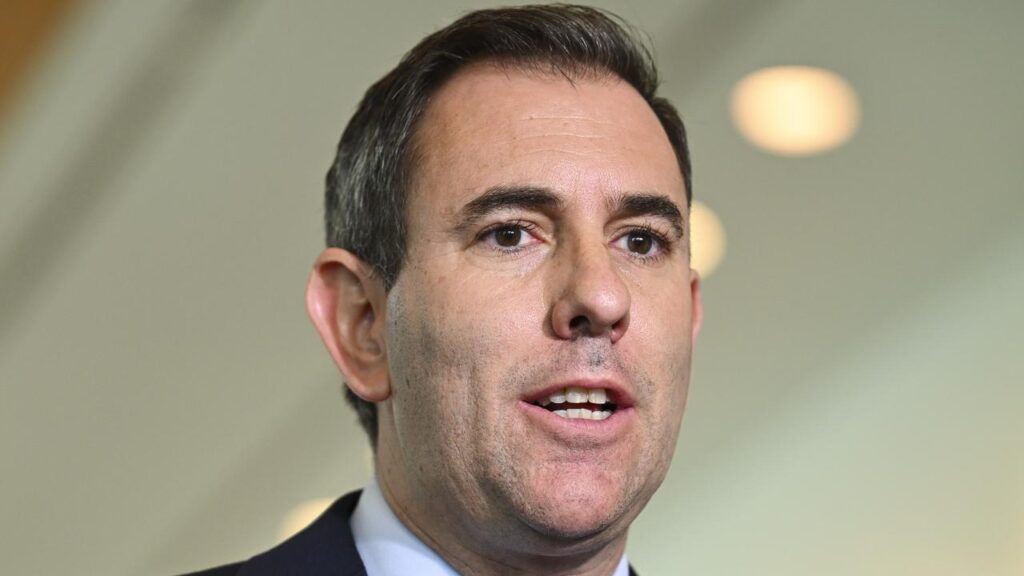Australian workers share gripes over Right to Disconnect
Written by admin on September 5, 2024
Last week, a new law was introduced giving Australian workers the right to ignore bosses who try to contact them outside of working hours.
The Right to Disconnect legislation kicked in on August 26, giving staff working at a business with 15 or more employees the right to refuse contact outside of their working hours, along with the right to refuse to monitor, read or respond to contact from an employer or third party.
The new rules apply within reason and several factors need to be considered before sending your boss to voicemail, but, ultimately, any calls, texts or emails deemed to be “unreasonable” contact can now officially be ignored.
Since being introduced, the new rules have been met with positivity from many employees.
In a survey of more than 7600 people conducted by news.com.au, 70 per cent of respondents said the Right to Disconnect was a “positive change” and one that “promotes work-life balance”.
This is compared to 20 per cent who thought the change was a “bad idea” and would “negatively impact businesses”. The other 10 per cent of respondents were still undecided about how they felt about the new law.
While many are focusing on the positives of the new legislation, there are still those Aussies who aren’t impressed.
People recently weighed in on the debate on the news.com.au Facebook page and, while there were many who saw the benefits of the new rules, there were many others who took issue with the change.
One commenter claimed that if a person’s boss was contacting them outside of working hours, then there was a “good chance” they hadn’t done their job properly during their scheduled hours.
Another believed that, while there was a place for the new rules, if an employee takes them too literally then they would not be “doing themselves any favours”.
Others claimed it was younger workers who were more likely to be pushing for the change.
“It’s such a Gen Z law. Absolutely ridiculous that this is an actual law. Sometimes your boss needs to contact you. This Gen is so desperate to do as little as possible,” one person said.
Another added: “It’s all right I’ll take the paid overtime when offered because the younger fools want to ‘disconnect’. No wonder they whinge about not being able to afford rent or buy a house with all their poor life and financial decisions.”
Sydney local Jason, who works in the financial services industry, told news.com.au he believes the law “should not have been passed”.
“The government has no right to intervene in our daily lives in this granular detail. Employees and employers should be able to sit down and talk about boundaries if needed,” he said.
“If not, the employee can apply for a new job and leave.”
The 44 year old knows the importance of setting boundaries with your boss, having previously worked for small businesses where he was sent continuous texts on the weekend from the owner.
However, he said it is possible to create those boundaries on your own. With his current employer, he was able to have a conversation with them and come to an agreement about when it is appropriate to contact him about work related matters.
There are also concerns that the Right to Disconnect could have an impact on smaller businesses and start-ups.
Matt Loop, VP and Head of Asia at HR platform start-up Rippling, said the new law has caused “upheaval” in the start-up community.
It is not uncommon for these types of businesses to rely on unusual operational dynamics, such as the need for regular communication across time zones, unconventional working hours and a strong focus on hustle culture.
“Having led hyper growth start-ups in Australia including Slack, Salesforce, LinkedIn, and now Rippling, I understand first-hand the anxiety Australian start-up leaders are feeling,” Mr Loop said.
“Start-ups thrive on flexibility and a fast-paced environment, where teams must often work around the clock and across different time zones. The right to disconnect threatens to end this dynamic altogether.”
While he believes the intent behind the new legislation is “well-meaning” and stems from a need to promote work-life balance, he said it still poses a problem for start-ups.
Mr Loop said these companies will need to take a considered approach to this new law.
More Coverage
“My main advice is to be completely transparent with your employees, both current and prospective,” he said.
“Set realistic expectations for communication outside of standard work times from the offset, provide flexibility with work hours, and be open to feedback from employees about their work-life balance.
“This will be the most effective approach to be compliant without sacrificing the agility and innovation needed to drive growth.”








